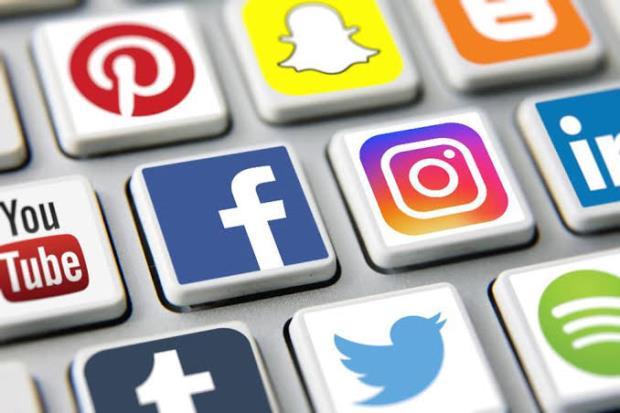In the digital age, social media platforms have become an integral part of our lives, connecting us with friends, family, and strangers alike. However, these platforms have evolved from mere communication tools to influential actors in the realm of public opinion and politics. In this article, we will explore the various ways in which social media has become a critical player in shaping public discourse and the implications it holds for the future of our democratic processes.
The Growing Influence of Social Media
- Amplification of voices
Social media platforms such as Facebook, Twitter, and Instagram have given individuals the opportunity to amplify their voices and share their opinions with a global audience. In the past, mainstream media outlets controlled the narrative and often determined which voices were heard. Today, social media has democratized the process, allowing a more diverse range of perspectives to enter the conversation.
- Virality and echo chambers
The nature of social media algorithms has led to the rapid spread of information and the creation of echo chambers. Content that gains popularity is often shared more widely, leading to the potential for virality. While this can be beneficial in some instances, it also creates an environment in which misinformation and polarizing content can flourish. Furthermore, users tend to follow and interact with others who share their beliefs, which can lead to the formation of echo chambers where confirmation bias is reinforced.
- The rise of hashtag activism
Hashtag activism has become a powerful tool for mobilizing social and political movements online. By using a common hashtag, individuals can raise awareness about a cause, share their stories, and foster a sense of solidarity among supporters. This phenomenon has played a significant role in the success of movements such as #BlackLivesMatter, #MeToo, and #ClimateStrike.
- Political campaigns and targeting
Political parties and candidates have recognized the potential of social media in reaching and persuading voters. By leveraging data analytics and targeted advertising, campaigns can tailor their messaging to specific demographics, making their appeals more effective. This targeted approach has transformed how political campaigns are run and has led to the rise of digital-first campaign strategies.
- Foreign interference and disinformation
The power of social media to shape public opinion has not gone unnoticed by foreign actors who seek to disrupt the democratic process. Through the spread of disinformation and the use of bots, trolls, and fake accounts, these actors can sow discord, promote divisive narratives, and undermine trust in democratic institutions.
The Future of Social Media in Politics
As we move forward, the role of social media in shaping public opinion and politics will continue to evolve. Governments, platforms, and users must work together to address the challenges associated with this new landscape:
- Encouraging media literacy
Promoting media literacy and critical thinking is essential in helping individuals navigate the complex digital environment. By developing the skills to evaluate the credibility of sources and discern fact from fiction, individuals can make informed decisions and resist the spread of misinformation.
- Strengthening platform accountability
Social media platforms must take greater responsibility for the content they host and the algorithms they employ. This includes more robust measures to detect and remove disinformation, hate speech, and harmful content, as well as increased transparency in their content moderation processes.
- Protecting democratic processes
Governments must collaborate with technology companies to safeguard electoral processes from foreign interference and disinformation campaigns. This requires a concerted effort to identify and respond to threats, as well as the development of strategies to counteract the negative influence of social media on political discourse.
Social media has undeniably transformed the landscape of public opinion and politics. Its growing influence has both positive and negative implications for democratic processes, and it is essential that we recognize and address these challenges. By fostering media literacy



